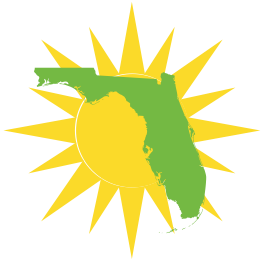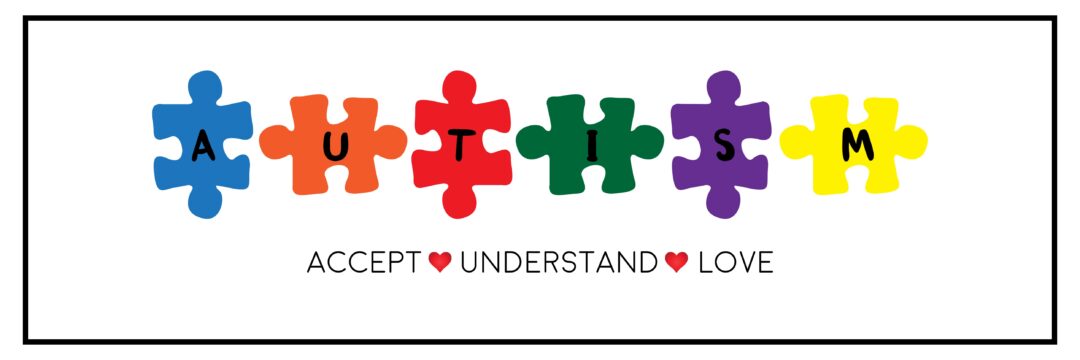How many Floridians with disabilities are working?
There are many different ways to answer this question. Check out our latest Fast Facts featuring data from the sources below!
One way is to look at data from the United States Government. It collects information through the United States Census. This survey is called the American Community Survey (ACS).
Indicator 14: Post-School Outcomes measures the percent of youth with disabilities who are no longer in high school, had Individualized Education Plans when they left school, and were enrolled in higher education or working in the community within one year of leaving high school.
Data from the National Core Indicators (NCI) Project can help us understand what percentage of people are working and what percentage of people want to work.
Florida’s Division of Vocational Rehabilitation reports data every year to the Rehabilitation Services Administration, which is part of the US government.The report shares the outcomes of the services Florida VR gave to job seekers with disabilities.
Florida reports data on individuals who got behavioral health services that are funded through grants from the national Substance Abuse and Mental Health Services Administration. Behavioral health services are ways of helping people with mental illnesses or substance use disorders.
Read about the different ways that the COVID-19 virus has impacted the number of people with ID/DD who work.





